The failure to dissect the cause of war leaves us open for the next installment

The failure to dissect the cause of war leaves us open for the next installment
In his book "War is a Force That Gives Us Meaning," Chris Hedges delves deep into the complexities of war and its impact on society. One of the key points he emphasizes is the importance of dissecting the root causes of war in order to prevent future conflicts. Hedges argues that failing to understand the underlying reasons for war leaves us vulnerable to repeating the same mistakes and falling into the same destructive patterns.Hedges believes that war is often fueled by a combination of political, economic, and social factors that are not always immediately apparent. He argues that by failing to critically analyze these factors, we are essentially setting ourselves up for the next installment of conflict. Without a thorough understanding of the causes of war, we are unable to address the underlying issues that lead to violence and aggression.
Hedges also highlights the role of propaganda and misinformation in perpetuating war. He argues that governments and media outlets often manipulate public perception in order to justify military intervention and aggression. By failing to question these narratives and critically analyze the information we are presented with, we become complicit in the cycle of war.
Furthermore, Hedges warns against the dangers of dehumanizing the enemy in times of conflict. He argues that viewing the "other" as less than human allows us to justify acts of violence and cruelty that we would never condone in peacetime. By failing to recognize the humanity of our adversaries, we perpetuate a cycle of hatred and revenge that only serves to escalate tensions and prolong conflict.


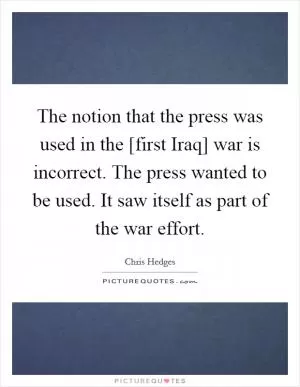
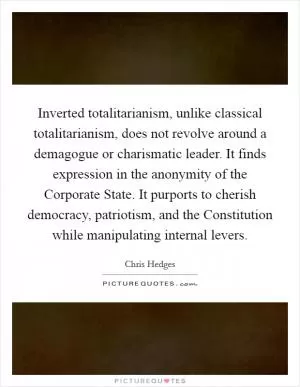

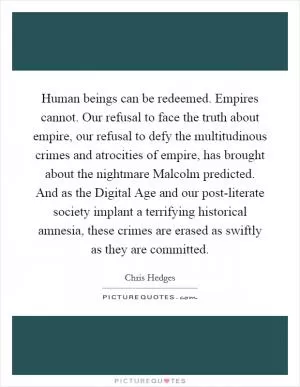

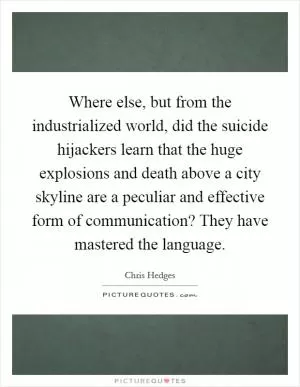
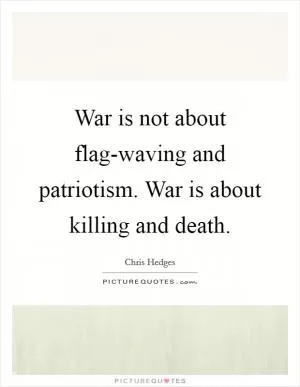
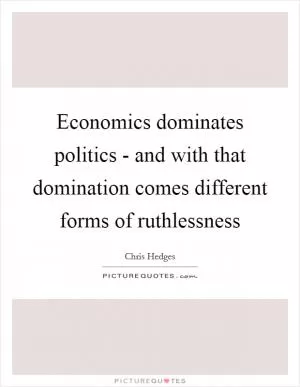
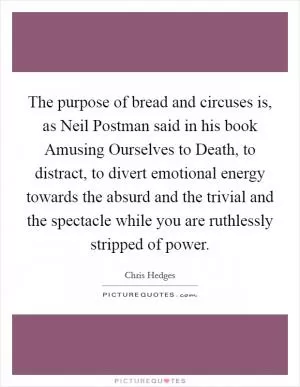
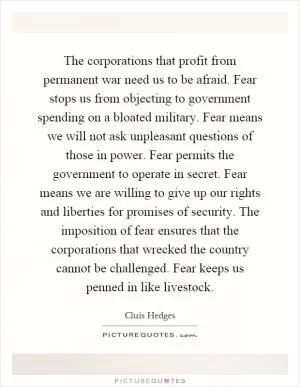
 Friendship Quotes
Friendship Quotes Love Quotes
Love Quotes Life Quotes
Life Quotes Funny Quotes
Funny Quotes Motivational Quotes
Motivational Quotes Inspirational Quotes
Inspirational Quotes